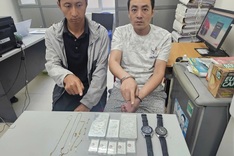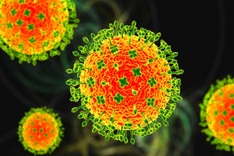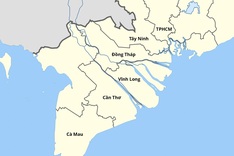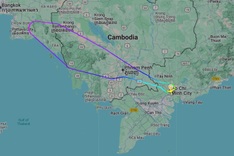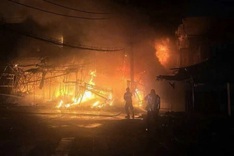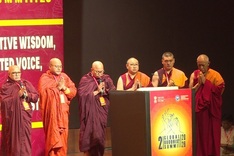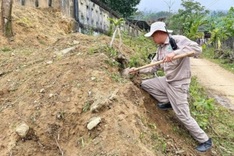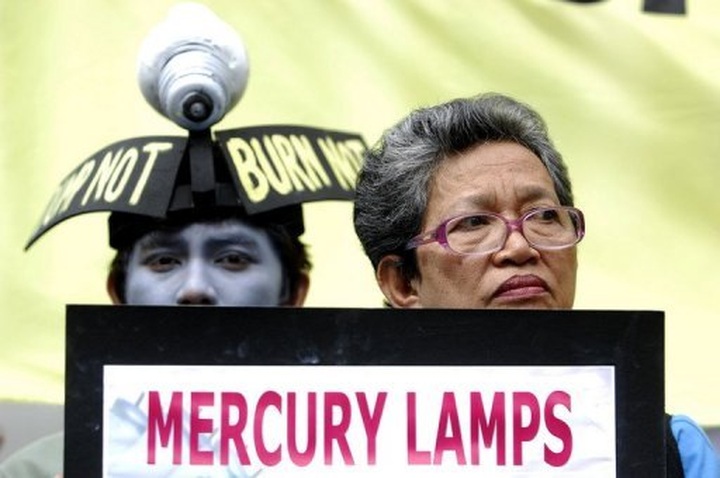 |
| Activists wear mock lamps as headgear as they distribute leaflets to vendors and consumers along a street in Manila on October 22, 2009 to alert people to the dangers of dumping or burning mercury lamp waste. |
"The new treaty aims to reduce the production and the use of mercury, especially in the production of products and in industrial processes," the Swiss foreign ministry said in a statement.
Countries will be asked to sign the treaty next October in Minamata, Japan, in honour of the town's inhabitants who for decades have suffered the consequences of serious mercury contamination, the statement said.
"The adoption of the mercury treaty shows the vitality of international environmental politics and the will of states to together find solutions to world problems," head of the Swiss delegation to the talks, Franz Perrez, said in the statement.
Mercury is found in products ranging from electrical switches to thermometers to light-bulbs, to amalgam dental fillings and even facial creams, and large amounts of the heavy metal are released from small-scale gold mining, coal-burning power plants, metal smelters and cement production.
Serious mercury poisoning affects the body's immune system and can lead to problems including psychological disorders, loss of teeth and problems with the digestive, cardiovascular and respiratory tracts.
It also affects development of the brain and nervous system and poses the greatest risk to foetuses and infants.

